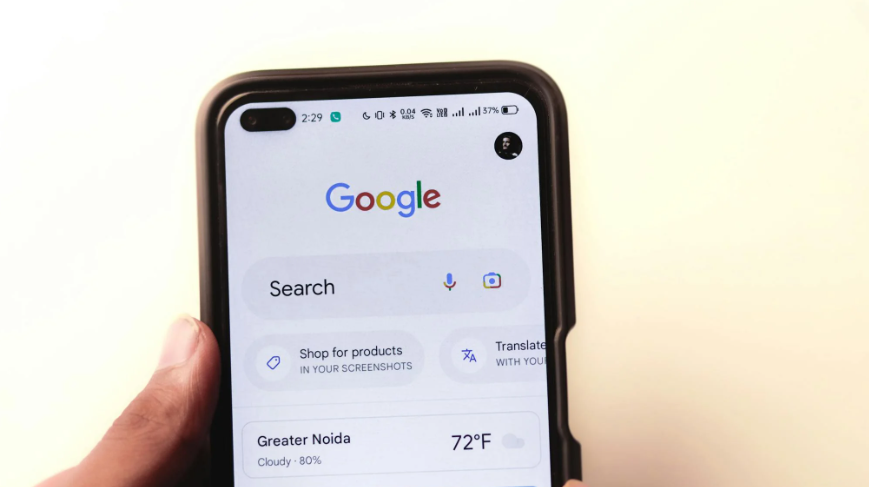16 Billion Apple, Google & Facebook Passwords Exposed

© Sanket Mishra / Pexels
In late May 2025, cybersecurity researchers discovered a staggering trove of 16 billion login credentials circulating online, far surpassing any prior record breaches.
Comprising over 30 unique data dumps containing fresh, usable combinations of emails/usernames and passwords, the trove impacted users across major platforms, including Apple, Google, Facebook, GitHub, Telegram, VPN services, and even government systems.
Experts warn that this is not recycled data—it’s active, weaponized information ready to fuel large-scale phishing attacks, identity theft, and account takeovers.
Why It’s a Game-Changer
- Unprecedented scale: The biggest credential dump in history, outstripping historic breaches like RockYou by hundreds of times.
- Freshly leaked: These datasets include recently harvested credentials—not just archives of old hacks—meaning hackers can immediately infiltrate accounts.
- Wide-reaching impact: Multi-platform exposure, including major tech companies and government services, is rare and alarming.

Immediate Steps You Must Take
1. Change Your Passwords Now
Security experts strongly recommend updating your passwords, especially on accounts tied to Apple, Google, and Facebook. Remember to avoid reusing credentials across sites.
2. Activate Two-Factor Authentication (2FA)
Google has begun warning Gmail users to activate 2FA or risk losing access, urging immediate compliance within 15–30 days. Similarly, experts suggest enabling 2FA everywhere possible—whether via app, SMS, or physical security keys.
3. Switch to Password Managers and Unique Credentials
Use reputable password managers (like Apple’s built-in tool, 1Password, Dashlane) to generate and store unique, complex passwords—you shouldn’t need to remember them manually.
4. Adopt Passkeys—The Future of Secure Login
Tech giants are pushing a shift toward passkey authentication, which replaces passwords altogether. Passkeys use device-level biometrics or PINs and aren’t vulnerable to phishing. Google, Apple, Meta (for Facebook/Messenger), and others promote this safer avenue.

What Cybersecurity Pros Say
Some experts urge users not to panic but to act deliberately. While the datasets are massive, individuals who practice good security hygiene—unique passwords, 2FA or passkeys, a reliable password manager—should remain shielded. But complacency is risky when fresh credentials can be used to orchestrate phishing schemes or full-blown account breaches.
A Wake-Up Call for Everyone
This leak is a clarion call: Passwords alone are no longer enough. According to a longstanding academic study, less than a third of users update passwords after breaches—and even then, new ones are often weak or nearly identical to old ones. The 16 billion credential breach underscored that complacency can lead to cascading security failures.
You might also want to read: Facebook Users Can Apply For Their Share of $725 Million


